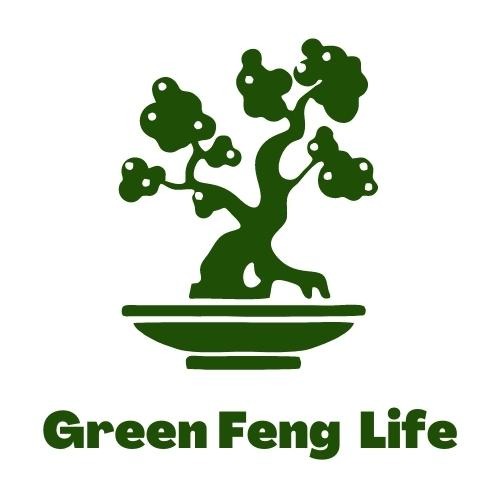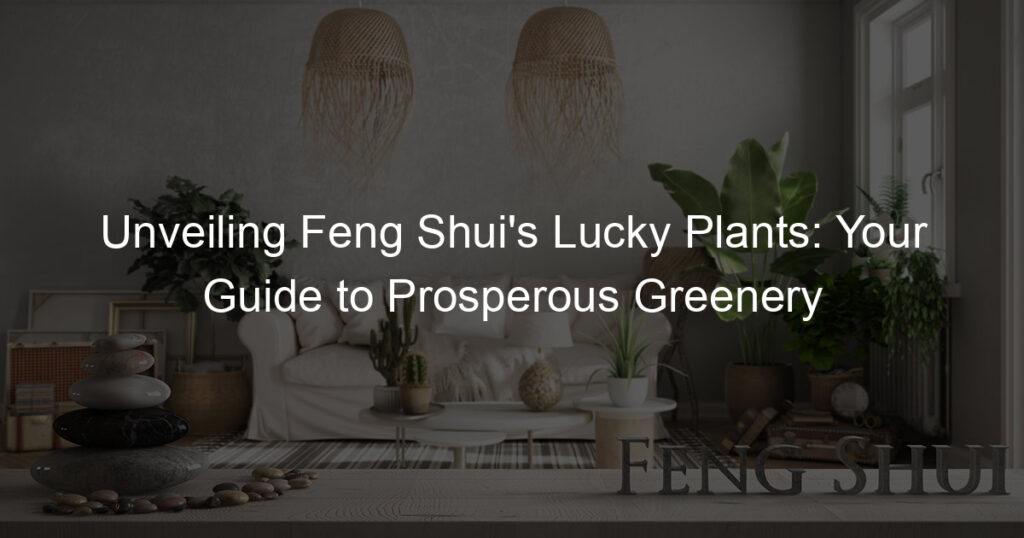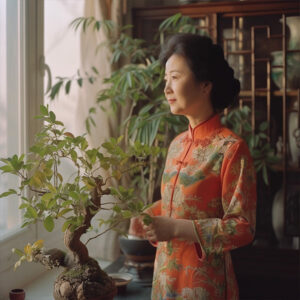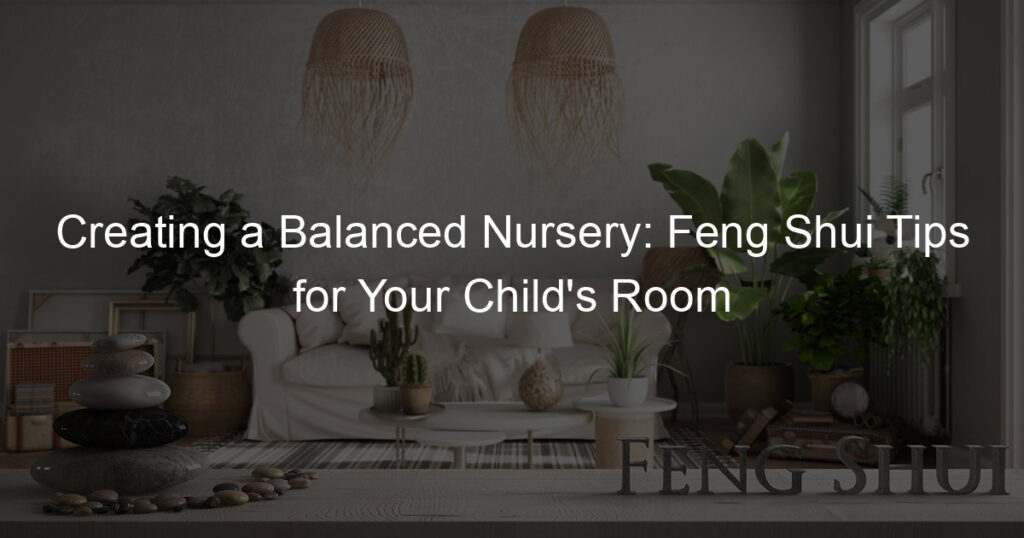
Introduction to Feng Shui Practices
Feng Shui, an ancient Chinese practice, is more than just a decorating technique. It’s a way of life that can bring balance, harmony, and prosperity. This post will guide you through the basics of Feng Shui, its importance in daily life, and the crucial role plants play in this practice.
-
Understanding the Basics of Feng Shui
Feng Shui, which translates to “wind” and “water,” is an ancient Chinese practice that aims to balance the energies in a given space. It’s believed that when your environment is in harmony, it can improve your health, happiness, and prosperity. The principles of Feng Shui revolve around the five elements – wood, fire, earth, metal, and water. Each element represents a different type of energy, and the goal is to balance these energies in your surroundings.
-
Importance of Feng Shui in Daily Life
Feng Shui is not just about arranging furniture or decorating your home. It’s a lifestyle that can significantly influence your daily life. From the way you sleep to the direction your desk faces, Feng Shui can impact your mood, productivity, and overall well-being. For instance, a clutter-free home is a fundamental Feng Shui principle that promotes a clear mind and reduces stress.
-
Role of Plants in Feng Shui
Plants play a vital role in Feng Shui. They represent the wood element, symbolizing growth, prosperity, and positive energy. Different plants have different meanings in Feng Shui. For example, the Lucky Bamboo is believed to bring good luck and fortune, while the Money Plant is said to attract wealth and prosperity. By placing these plants in specific areas of your home, you can enhance the positive energy and create a harmonious environment.
In the following sections, we will delve deeper into the symbolism of plants in Feng Shui, explore some popular Feng Shui plants for luck and prosperity, and share success stories of people who have benefited from these practices. Stay tuned to learn more about how you can implement Feng Shui practices with plants in your own life.
Feng Shui and Plant Symbolism
Plants play a significant role in the ancient Chinese practice of Feng Shui. They are believed to influence the flow of energy, or ‘chi’, in our surroundings. Let’s delve deeper into the significance of plants in Feng Shui and how they influence energy flow.
- Significance of Plants in Feng Shui
- How Plants Influence Energy Flow
Plants are considered living, breathing organisms that embody the life-giving element of wood in Feng Shui. They are used to balance the energy in a space, promote positive energy, and counteract negative energy. Plants are also symbolic in Feng Shui, each type representing different aspects of life and fortune.
For example, the Bamboo plant, known for its resilience, is a symbol of good luck and rapid growth. On the other hand, the Jade plant is associated with wealth and prosperity. Understanding the symbolism of different plants can help you choose the right plant for your needs and intentions.
In Feng Shui, plants are believed to influence the flow of energy within a space. This is based on the concept that living things, like plants, emit energy. When placed strategically, plants can help direct positive energy flow, or ‘chi’, throughout a room or building.
For instance, placing a plant near the entrance of your home can attract positive energy. Conversely, placing a plant in a corner where energy is often stagnant can help to stimulate the flow of ‘chi’. However, it’s important to remember that not all plants are suitable for every space. The size, type, and health of the plant should be considered when using plants for Feng Shui.
In conclusion, plants are not just decorative elements in Feng Shui. They are powerful tools that can be used to enhance the flow of positive energy in our living and working spaces. By understanding the symbolism of different plants and how they influence energy flow, you can harness the power of plants to create a harmonious and prosperous environment.
Feng Shui Plants for Luck
In the world of Feng Shui, certain plants are believed to bring good luck and fortune. Let’s delve into this fascinating topic.
Overview of Lucky Plants in Feng Shui
Understanding what makes a plant lucky in Feng Shui and how these plants can bring good fortune is an exciting journey. Let’s start our exploration.
- Defining what makes a plant lucky in Feng Shui
- How these plants can bring good fortune
In Feng Shui, a plant is considered lucky based on its specific characteristics and the energy it emits. The shape, size, and color of the plant, as well as its growth pattern, can all contribute to its luck-bringing properties. For instance, plants with rounded leaves are believed to bring good fortune because the round shape symbolizes coins, thus attracting wealth.
These lucky plants are thought to channel positive energy, or ‘Chi’, into your home or workspace. This positive energy can then influence the luck and prosperity of the inhabitants. For example, a plant placed in the wealth corner of your home (the southeast sector) is believed to attract financial prosperity. Similarly, a plant placed in the relationship corner (the southwest sector) could potentially enhance your love life.
Remember, the key to harnessing the luck-bringing properties of these plants lies in their proper placement and care. A healthy, well-placed plant is more likely to bring positive energy and good fortune.
Examples of Feng Shui Lucky Plants
There are numerous plants that are considered lucky in Feng Shui. These plants are believed to bring good fortune and positive energy into your home or office. Here are three examples:
- Jade Plant
- Bamboo Plant
- Money Tree
The Jade Plant, also known as the ‘money plant’, is a popular choice for those practicing Feng Shui. This plant is believed to attract wealth and prosperity. Its round leaves symbolize good fortune, and its easy-to-care-for nature makes it a favorite among Feng Shui enthusiasts.
The Bamboo Plant, or ‘lucky bamboo’, is another plant highly valued in Feng Shui. This plant is said to bring good luck and ward off negative energy. The number of stalks on the bamboo plant can also have different meanings, such as wealth, happiness, and long life.
The Money Tree is a plant that is thought to bring financial success and prosperity. It is often used in businesses and homes to attract wealth. The Money Tree’s unique braided trunk is believed to ‘trap’ wealth, ensuring it stays within the home or business.
These are just a few examples of the many plants that can be used in Feng Shui to bring luck and prosperity. Remember, the most important thing is to choose a plant that you love and will care for, as a healthy, thriving plant is said to be the most effective in bringing good fortune.
Feng Shui Plants for Prosperity
In the world of Feng Shui, certain plants are believed to bring prosperity and wealth. Let’s delve into this fascinating topic.
Overview of Prosperity Plants in Feng Shui
Prosperity plants in Feng Shui are not just about their physical beauty. They carry a deeper significance related to wealth and prosperity. Let’s explore this further.
- Defining what makes a plant prosperous in Feng Shui
- How these plants can enhance wealth and prosperity
In Feng Shui, a plant is considered prosperous based on its shape, color, and the elements it represents. For instance, plants with round or smooth leaves are believed to bring good fortune because they resemble coins. Similarly, plants that are green (representing growth and renewal) or red (symbolizing wealth and luck) are often associated with prosperity.
According to Feng Shui principles, placing these prosperity plants in certain areas of your home or office can enhance wealth and prosperity. This is because these plants are thought to stimulate the flow of positive energy, or ‘chi’, which in turn attracts wealth. For example, placing a prosperity plant in the southeast corner of your living room is believed to boost wealth and abundance.
It’s important to remember that while these plants can help create a positive environment, they are not a quick fix for financial problems. They should be used as a tool to enhance positive energy and promote a prosperous mindset.
Examples of Feng Shui Prosperity Plants
When it comes to enhancing prosperity and wealth, certain plants are believed to have a powerful impact according to Feng Shui principles. Let’s explore some of these plants and understand why they are considered symbols of prosperity.
- Rubber Plant
- Orchid Plant
- Citrus Tree
The Rubber Plant, also known as Ficus elastica, is a popular Feng Shui prosperity plant. Its round leaves symbolize wealth and prosperity. The plant’s robust growth is also believed to reflect an increase in fortune. It’s a great plant to have in your home or office, as it not only brings good luck but also purifies the air.
Orchids are considered symbols of love, beauty, and wealth in Feng Shui. Their unique growth pattern – blooming in a cycle, symbolizes a continuous flow of prosperity. Orchids are also known for their longevity and resilience, which are qualities often associated with a prosperous life.
Citrus trees, particularly those that bear fruits like oranges and lemons, are considered very auspicious in Feng Shui. The round shape and golden color of the fruits are symbolic of money and wealth. Having a citrus tree in your home is said to attract wealth and luck. Plus, the refreshing citrus scent can uplift the mood and energy of your space.
These are just a few examples of Feng Shui prosperity plants. Incorporating these plants into your living or working space can help create a positive environment that fosters wealth and prosperity. Remember, the key to Feng Shui is balance, so it’s important to care for these plants and keep them healthy for the best results.
Good Luck Symbols in Feng Shui
In the ancient Chinese practice of Feng Shui, certain symbols are believed to bring good luck and fortune. These symbols, when placed correctly in your home, can help to attract positive energy and ward off negative forces. Let’s delve into understanding these symbols and how you can incorporate them into your home.
- Understanding the Symbols of Good Luck
- The Laughing Buddha: This jovial figure is a symbol of happiness, contentment, and prosperity. It is believed that rubbing his belly brings wealth, good luck, and prosperity.
- The Lucky Bamboo: This plant symbolizes good luck and fortune. It is often given as a gift in Feng Shui, especially for businesses, due to its associations with prosperity and success.
- The Dragon: In Feng Shui, the dragon is a powerful symbol of strength, courage, and good luck. It is often used to ward off negative energy.
- How to Incorporate These Symbols in Your Home
- Placement: The placement of these symbols is crucial in Feng Shui. For example, the Laughing Buddha should be placed facing the door to attract positive energy.
- Number of Symbols: The number of symbols you use can also have an impact. In Feng Shui, certain numbers are considered luckier than others. For instance, the number 8 is considered very lucky, so you might choose to have eight Lucky Bamboo plants in your home.
- Intention: Finally, the intention behind placing these symbols is also important. When you place a symbol in your home, do so with a clear intention of what you want to attract. This can help to amplify the symbol’s energy and effectiveness.
There are numerous symbols in Feng Shui that are associated with good luck. Here are a few of the most common ones:
These are just a few examples of the many symbols used in Feng Shui to attract good luck. Each symbol has its own unique meaning and purpose, and understanding these can help you to use them more effectively in your home.
Now that we understand what these symbols mean, let’s look at how you can incorporate them into your home to attract good luck and positive energy.
By understanding these symbols and how to use them, you can create a home environment that is not only beautiful and harmonious, but also filled with good luck and positive energy.
Case Studies: Success Stories with Feng Shui Plants
Let’s dive into some real-life examples of how Feng Shui plants have transformed spaces and brought about positive changes. These case studies will provide you with a deeper understanding of the power of Feng Shui plants.
Case Study 1: Transforming Home Energy with Feng Shui Plants
Meet Jane, a homeowner who was struggling with a lack of harmony and balance in her home. She was constantly feeling stressed and her home didn’t feel like the sanctuary she wanted it to be. After learning about Feng Shui, she decided to incorporate Feng Shui plants into her home decor.
The Problem:
Jane’s home was filled with clutter and lacked a sense of flow. The energy felt stagnant and it was affecting her mood and overall well-being.
The Solution:
Jane decided to introduce Feng Shui plants into her home. She chose plants like the Lucky Bamboo and the Jade Plant, known for their ability to attract positive energy and prosperity. She placed the Lucky Bamboo in the east sector of her home to promote health and the Jade Plant in the southeast for wealth and prosperity.
The Result:
After a few months, Jane noticed a significant change in her home’s energy. The space felt more harmonious and she felt more relaxed and at peace. She also noticed an improvement in her relationships and overall well-being.
| Before | After |
|---|---|
| Cluttered home, stagnant energy, stress | Harmonious home, positive energy, peace |
In conclusion, Jane’s story is a testament to the transformative power of Feng Shui plants. By simply introducing these plants into her home, she was able to create a more balanced and harmonious environment.
Case Study 2: Enhancing Business Prosperity with Feng Shui Plants
Let’s delve into the second case study, which demonstrates how a business can prosper by incorporating Feng Shui plants into their workspace. This case study revolves around a small business that was struggling to make ends meet. The owners decided to try something different and turned to Feng Shui practices.
They started by placing Jade Plants near the entrance of their office. Known as the ‘Money Plant’ in Feng Shui, it is believed to attract wealth and prosperity. They also placed Bamboo Plants in the southeast corner of their office, an area associated with wealth in Feng Shui.
| Plant | Location | Symbolism |
|---|---|---|
| Jade Plant | Entrance | Wealth and Prosperity |
| Bamboo Plant | Southeast Corner | Good Fortune and Wealth |
Over the next few months, the business owners noticed a significant improvement in their financial situation. Not only did their revenue increase, but they also reported a more positive and productive work environment. The employees felt more relaxed and motivated, leading to increased productivity and better results.
While it’s hard to attribute all these improvements solely to the placement of Feng Shui plants, it’s undeniable that these changes played a part in enhancing the overall business prosperity. This case study serves as a testament to the potential benefits of incorporating Feng Shui plants into a business setting.
In conclusion, Feng Shui plants can be a valuable addition to any business environment. They not only improve the aesthetic appeal of the workspace but also contribute to creating a positive and prosperous atmosphere. So, why not give it a try and see the difference for yourself?
Key Takeaways: Implementing Feng Shui Practices with Plants
As we conclude our exploration of Feng Shui and its connection with plants, let’s recap the essential points. These key takeaways will guide you in choosing, placing, and maintaining your plants to harness the best energy flow and attract luck and prosperity.
- Choosing the right plants for your needs
Not all plants are created equal when it comes to Feng Shui. Certain plants, like the Lucky Bamboo and the Jade Plant, are believed to attract good fortune and prosperity. When choosing a plant, consider its symbolism and how it aligns with your needs and desires. For instance, if you’re seeking wealth, a Money Tree might be a good choice. If you want to foster love and romance, the Peach Blossom could be ideal.
- Proper placement of plants for optimal energy flow
Where you place your plant in your home or office can significantly impact its Feng Shui benefits. The Bagua Map, a fundamental tool in Feng Shui, can guide you in positioning your plants. For instance, the southeast area of your space is linked to wealth and abundance, making it a good spot for a Money Tree. Meanwhile, placing a plant in the east can promote health and family harmony.
- Maintaining your plants for sustained luck and prosperity
Proper care and maintenance of your plants are crucial in Feng Shui. A healthy, thriving plant is believed to have strong, positive energy. On the other hand, a wilting or dead plant can bring negative vibes. Regular watering, adequate sunlight, and timely pruning are some ways to keep your plants in good shape. Remember, your plants’ health reflects the energy they bring into your space.
In conclusion, implementing Feng Shui practices with plants involves careful selection, strategic placement, and diligent maintenance. By following these principles, you can transform your space into a haven of positive energy, luck, and prosperity.
| Plant | Symbolism | Ideal Placement |
|---|---|---|
| Lucky Bamboo | Good fortune and prosperity | East or Southeast |
| Jade Plant | Wealth and success | Southeast |
| Money Tree | Abundance and prosperity | Southeast |
| Peach Blossom | Love and romance | Southwest |













